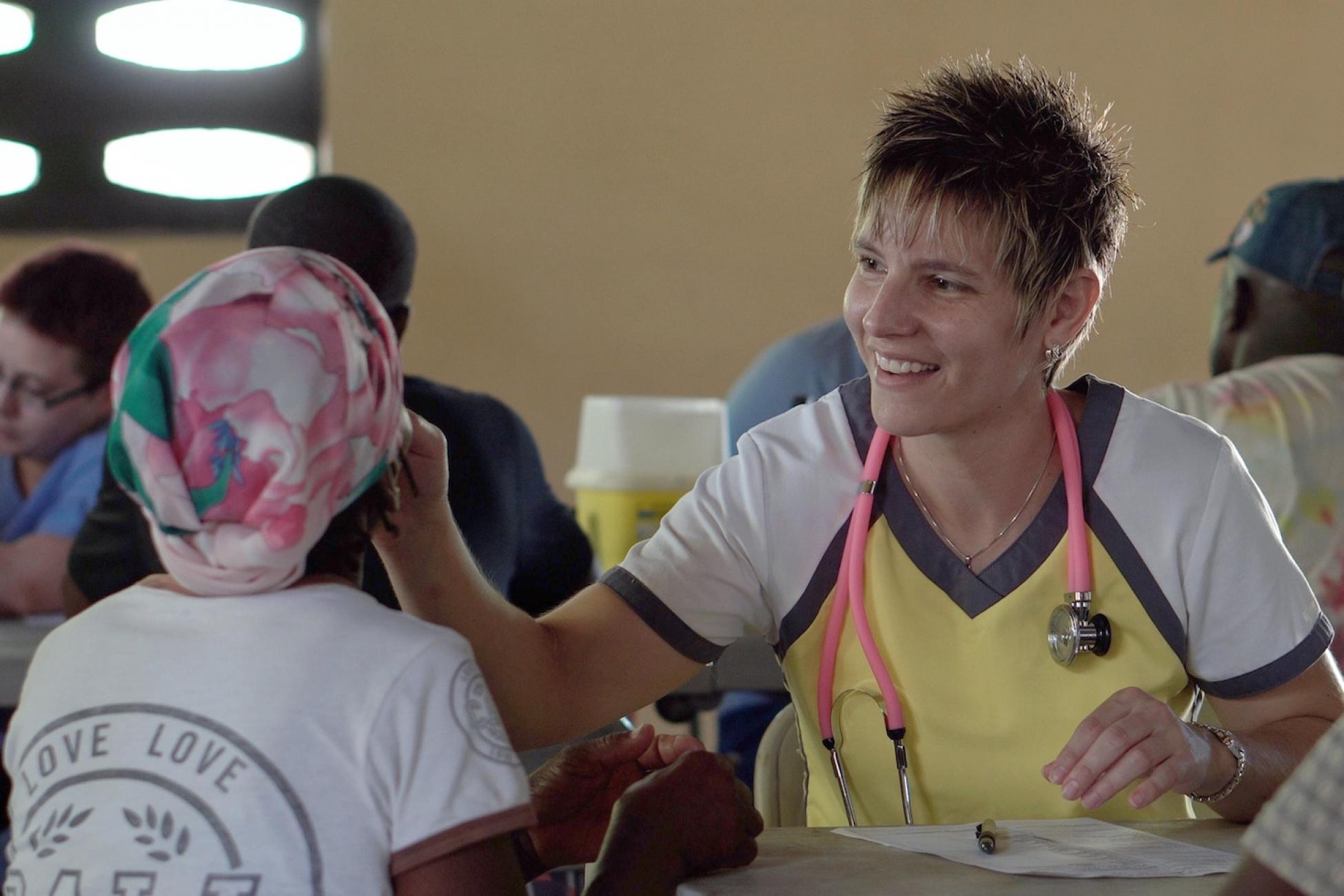You’ve arrived home from volunteering abroad and not even 12 hours of jet lag can dampen your enthusiasm. Grabbing your luggage from the baggage carousel, a thought hits you—your friends and family will want to know everything! How will you handle all their questions?
Whether you worked with small businesses in Tanzania, trained farmers in Bolivia or supported elephant conservation in India, you’ve done something extraordinary. You have a broader perspective of the world and you’re eager to share it.
Well, don’t panic—your friends won’t bury you with an avalanche of inquiries. In fact, rather than a triumphant homecoming—complete with standing ovation—get ready for an underwhelming reception. Despite what your friends and family said on Facebook, they aren’t going to want to “hear about everything.” Instead of a probing interview, expect lacklustre questions and blank stares as you attempt to answer.
Lower your expectations
“Returned volunteers are sometimes disappointed by the lack of questions or the types of questions family and friends will ask,” says Yvette Macabuag, manager of international volunteering at Cuso International.
That was exactly the experience of Tim Hirtle, a volunteer with Engineers Without Borders, who returned from his six-month placement in Zambia in 2014. He thought he’d receive an onslaught of questions from friends but instead, the most common question he got was a “how was Africa?”
“That’s a pretty broad question. I mean, how was I even supposed to answer that?” says Hirtle. “I can’t explain the last six months of my life in just one sentence.”
The most common question he got was a “how was Africa?” “How was I even supposed to answer that?” says Hirtle. “I can’t explain the last six months of my life in just one sentence.”
Bland, unimaginative questioning doesn’t mean your friends and family don’t care—it’s that they don’t know where to start. They haven’t had a chance to wrap their heads around your experience yet. Give them time. Instead of unleashing a torrent of information and assuming they’re dying to hear every detail, let the story of your volunteer placement trickle out bit-by-bit.
You can also try starting the conversation yourself by talking generally. Your preconceptions before you left and how they changed while you were living in your destination abroad are a good place to start.
Learn to relate
Your family and friends probably don’t know much about NGOs, volunteering overseas, or the difference between development work and humanitarian work. So getting them to relate to your volunteer experience is tough.
“I generally steer clear of the term 'NGO,'” says Roger Haessel, a volunteer who returned in 2017 from his placement in Laos with Cuso International. Haessel found that although people had heard of Cuso, they had only a vague understanding of what the organization (and NGOs, in general) actually do. Explaining to people how his placement at Cuso contributed to changes in developing countries, he could see “their eyes begin to glaze over.”
Erin Barnhart, Ph.D, founder and president of Effective Altruism, says it’s important to relate to the person you’re talking to. “Choose specific stories or photos to share that most align with individual interests,” she says. That way, when you share your volunteer experience “it is less about you sharing what you learned and did abroad and more about discussing a topic of shared interest.”
It’s a good idea to come up with a good story about things everyone can relate to: food, people or the weather. A light-hearted or funny (or self-deprecating) story about broad topics can make your hardships and unexpected setbacks abroad easier to take in.
Speaking from the heart can also go a long way. “When you’re passionate about a subject you’re talking about, it comes through and other people want to listen,” says Andrew Bacsfalusi, manager of volunteer delivery at Cuso International.
Get friends and family started in the shallow end of your experience pool. Once they can relate, head to the deep waters where you can have meaningful conversations.
Let them speak first
When you return from volunteering, don’t bash your way back into your friends’ lives like a well-travelled, talkative battering ram. Yes, you have some great stories to tell, but you run the risk of becoming that person. You know: The one who won’t stop talking about volunteering/living abroad/social injustice/etc.
Conversation is a two-way street; let your friends and family clue you in on what’s happened while you were away and ask questions of your own. Even if you don’t care for local news and gossip anymore, your friends do care.
You don’t need to keep your volunteer experience a secret or hide it from anyone. But be conscious of letting others tell you their stories. Not everyone is going to want to listen to you talk about your experience, no matter how interesting it is.
Look for your peers
After volunteering, you’ll find that people you used to have a lot in common with, well… you don’t anymore. This doesn’t mean you can’t be friends, but your friendships won’t ever be the same. Your experience diverged from that of your long-time friends and it’s changed you. This doesn’t have to be sad.
Natalie Martin, a five-time overseas volunteer, found her friends had very different understandings of her volunteer experience.
“Some friends still think I’m crazy and others are impressed,” she says. “Both reactions just annoy me because the former undervalue what I do—they imagine I just went around and travelled for fun—and the latter overvalue what I do and treat me like some sort of saint.”
Once you’ve returned from abroad, you’ll find you have a lot in common with other returned volunteers. Many organizations such as Projects Abroad, Peace Corps and VSO have alumni networks where you can connect and meet up with other people with similar experiences. To keep your passion alive, stay active with your volunteer organization or consider volunteering in your home country.
Returning from an overseas volunteer placement can feel a lot like picking up where you left off. But don’t think of it as the end of your volunteer journey; think of it as the start of something new.
This article was originally published in Volume 19, Issue 2 of Verge Magazine.
Add this article to your reading list




